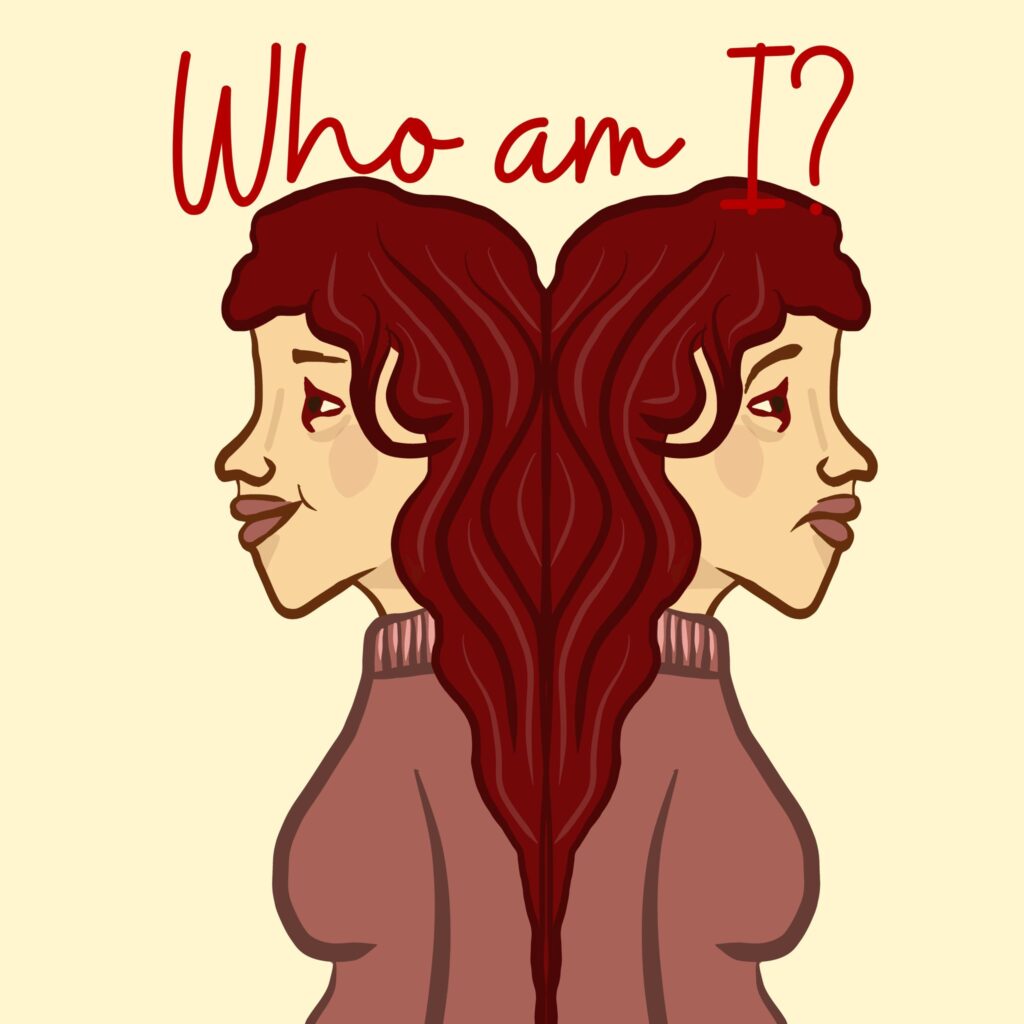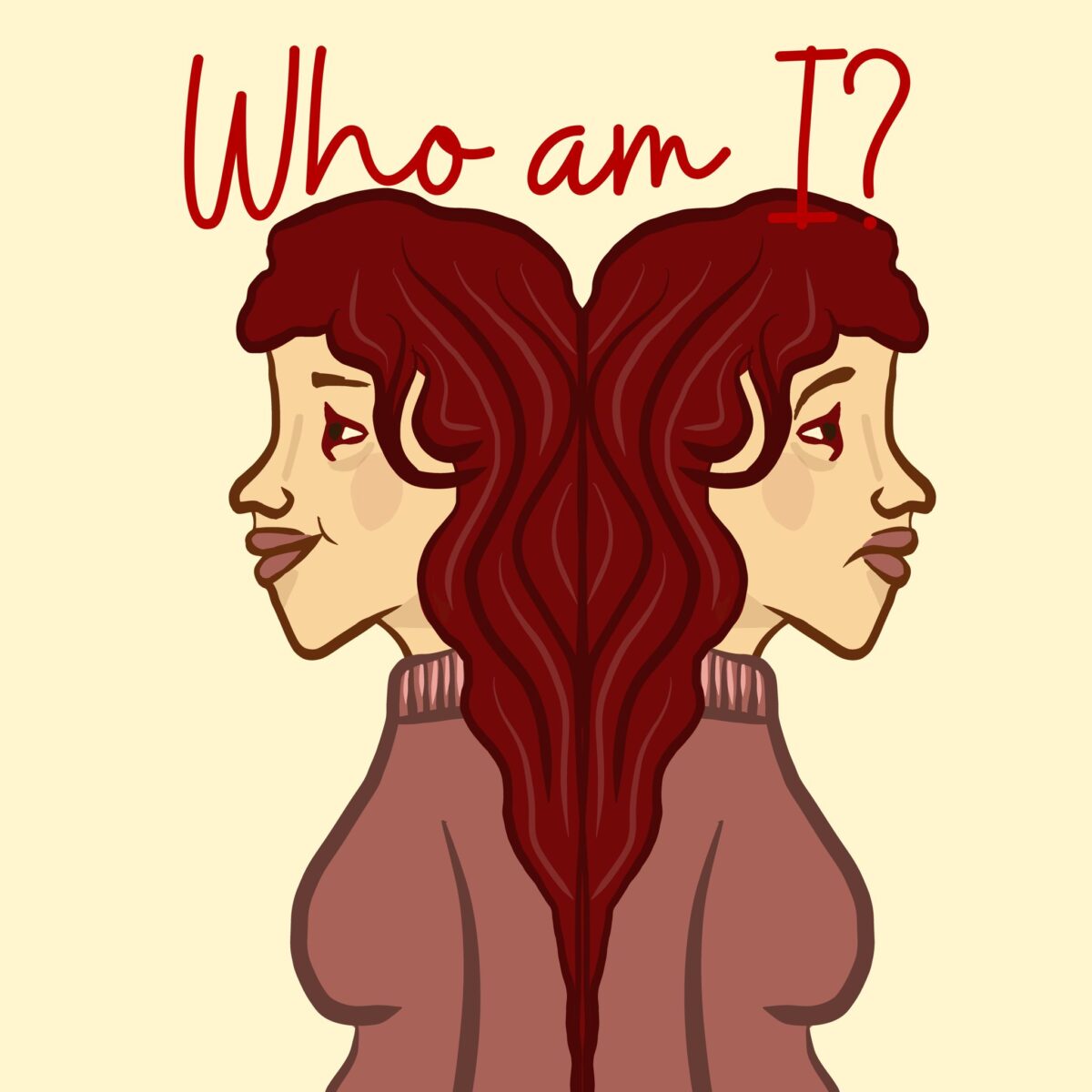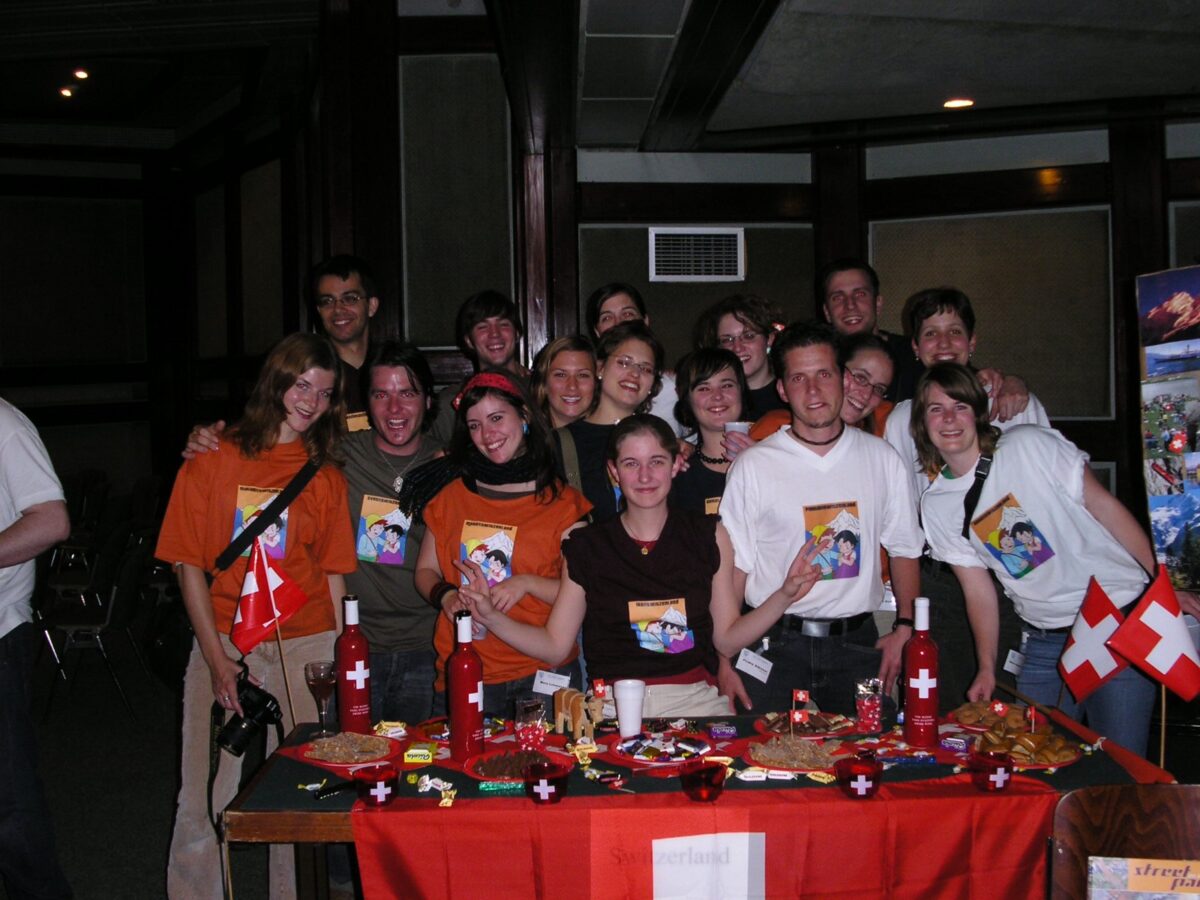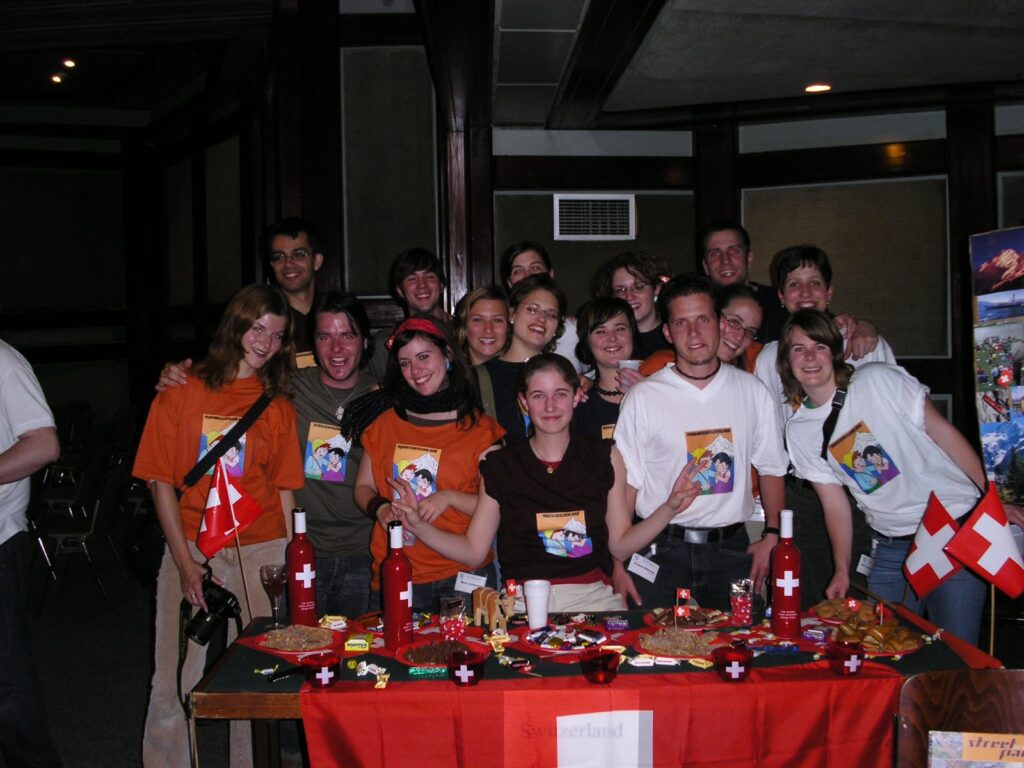
Have you ever felt like you couldn’t recognize yourself? For some people this goes so far that it turns into a pathological state, usually referred to as a dissociative identity disorder.
In the DSM-5 (American Psychiatric Association 2013), dissociative identity disorder (DID) is described as a disruption of identity characterized by two or more distinct personality states or an experience of possession. This definition might seem a bit intimidating, so let me try explaining it in a less medical manner.
Firstly, what is a dissociative condition? It is a state that most people have experienced at least a dozen times in their lives: when we read a book we love, play a video game, watch a movie or even when you can not find something you just held in your hand. It’s the moments we get so lost in our own minds that for a second we forget what we were doing.
What separates this state that we have all experienced from a full on disorder is above all the quantitative aspect. Where we usually remember where we left that thing a few minutes later, they spend entire hours in this dissociative state, and later they don’t remember it at all.
There are different types of dissociative disorders, with different particularities to the dissociative states. What makes DID stand out, is the fact that when people suffering from DID dissociate, they usually tend to act like a completely different person, having completely different habits, gestures and even referring to themselves with different names. Patients harbor two or more personalities, with cases up to a 100 (DSM-IV, 1994) different alters being on record, and in some cases, these personalities can communicate with one another (Howell 2011; Keys 1981). However, it is a very rare disorder affecting between 0.01% and 1% of the population.
Now that we have a general idea of what DID is, the next question is of course, what leads people to dissociate? How do you end up like this? The most cited cause of dissociative identity disorder is trauma. It is believed that in the case of a deep traumatic event, people develop different personalities as a coping mechanism, in order for the person not to experience the full impact of the occurrence. The most common events behind DID are sexual assault and childhood abuse. (Wiginton 2021, Edelstein 2015)
How is DID detected? What are the diagnostic criteria? The most known symptom, and perhaps the most obvious one, is memory loss (also known as amnesia). In the majority of cases, people who dissociate do not remember long passages of time, in the DSM-5 this is described as “recurrent gaps in the recall of everyday events, important personal information, and/or traumatic events that are inconsistent with ordinary forgetting”. Due to this amnesia, they will also have a blurred sense of their personality and a sense of being detached from themselves and their emotions. Moreover, the DSM-5 states that the disturbance should not be a normal part of a broadly accepted religious practice or attributable to any physiological effects of a substance (American Psychiatric Association 2013). Usually, DID is also accompanied by other mental health problems like depression, anxiety and suicidal thoughts.
One of the most frequent questions when it comes to dissociative identity disorder is treatment related: is there a cure? There does not exist a specific pharmacological treatment for DID. Even though there is medication that treats some of the symptoms that are likely to occur, such as depression or anxiety, the most effective treatment is psychotherapy(Brand, B., & Loewenstein, R. J. 2010). In this case, the therapy should be focused on identifying and working on the past trauma, managing the behavioral changes and merging the separate identities into a single one. In some cases, hypnotherapy is also recommended. This is a form of guided meditation that helps recover repressed memories. However, a definitive cure does not exist, the above-mentioned treatments are mainly able to reduce the symptoms. Nonetheless, people do learn to have more control over their behavior and live with their difficulties. Therefore, having a secure support system is very important for people suffering from DID.
Bibliography:
Brand, B., & Loewenstein, R. J. (2010). Dissociative disorders: An overview of assessment, phenomenology, and treatment. Psychiatric Times, 27(10), 62-69.
American Psychiatric Association. (2013). Dissociative Disorders. In Diagnostic and statistical manual of mental disorders (5th ed.). http://dx.doi.org/10.1176/appi.books.9780890425596.dsm08
Keys, Daniel. 1981. The Minds of Billy Milligan. Random House.
Howell, F. Elizabeth. n.d. Understanding and Treating Dissociative Identity Disorder: A Relational Approach. Routledge.
TraumaDissociation.com. n.d. “Alters in Dissociative Identity Disorder (MPD) and DDNOS.” http://traumadissociation.com/alters#healthymultiplicity.
Cleveland Clinic medical professional. 2021. “Dissociative Identity Disorder (Multiple Personality Disorder).” Cleveland Clinic (blog). May 25, 2021. https://my.clevelandclinic.org/health/diseases/9792-dissociative-identity-disorder-multiple-personality-disorder.
Dorahy, Martin J, Bethany L Brand, and Vedat Şar. 2014. “Dissociative Identity Disorder: An Empirical Overview” 48 (5): 402–17. https://doi.org/10.1177/0004867414527523.
Mayo Clinic Staff. 2017. “Dissociative Disorders.” Mayo Clinic (blog). November 17, 2017. https://www.mayoclinic.org/diseases-conditions/dissociative-disorders/symptoms-causes/syc-20355215.Wiginton, Keri. 2021. “What Is Dissociation?” WebMD (blog). June 28, 2021. https://www.webmd.com/mental-health/dissociation-overview.



